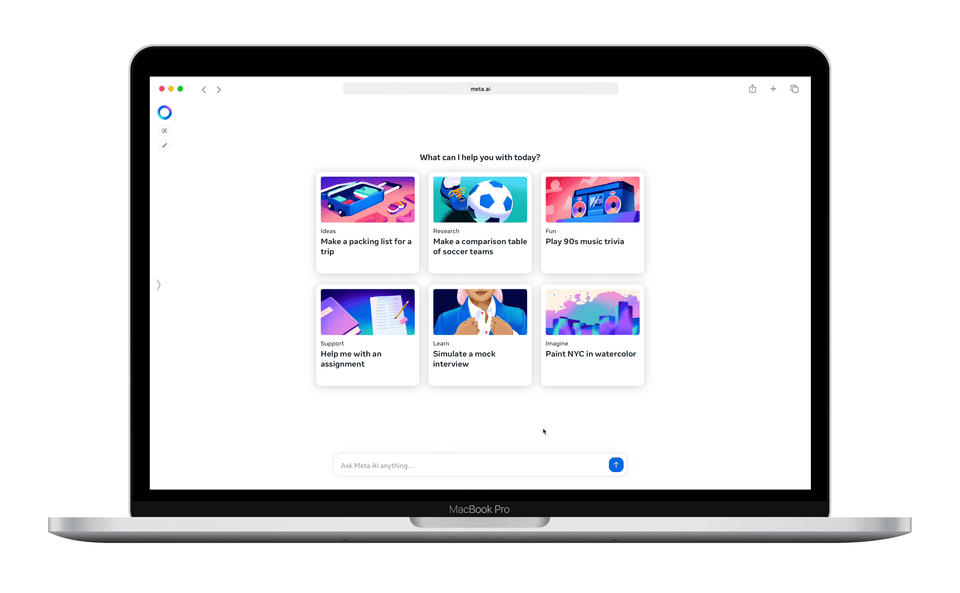"iPhone 5 is out. Obviously. So, are you dying of boredom, or dying to buy one?” we asked our readers. Bored, you answered, nearly unanimously:
But being bored has never been less boring. Since the release, gleeful headlines denouncing the iPhone 5 have filled the news. As tech lemons go, a dull iPhone is sweet lemonade for journalists and commenters alike. It isn’t that the iPhone 5 is bad, exactly. It’s just expected. “The iPhone 5 Is Completely Amazing and Utterly Boring,” says Wired.
By far our favorite comment from our own readers was this:
Yes, the iPhone 5 is better than the 4S, you collectively agreed. Apple’s “flyover” maps are nifty. LTE, you wrote, is "nice, but nothing extraordinary." It's taller and thinner and lighter, but "that kind of specs would be expected," you wrote, "for last year's iPhone 5 (4S)." As for Lightning, you're "glad for improved noise cancellation," but "now everyone has to buy a 30-pin-to-Lightning adapter."
Have we become jaded with Apple's innovativeness (how many times can Apple reinvent telephony)? Or have we become jaded because Android phones have, in some ways, taken the innovation lead?
Even if you're unimpressed with the iPhone 5, Apple’s stock did just fine. Plenty of people are waiting to buy one. But it could be great news for Google, Nokia, and Samsung. "Apple has given its rivals room to bask in their own innovations," says CNET.




